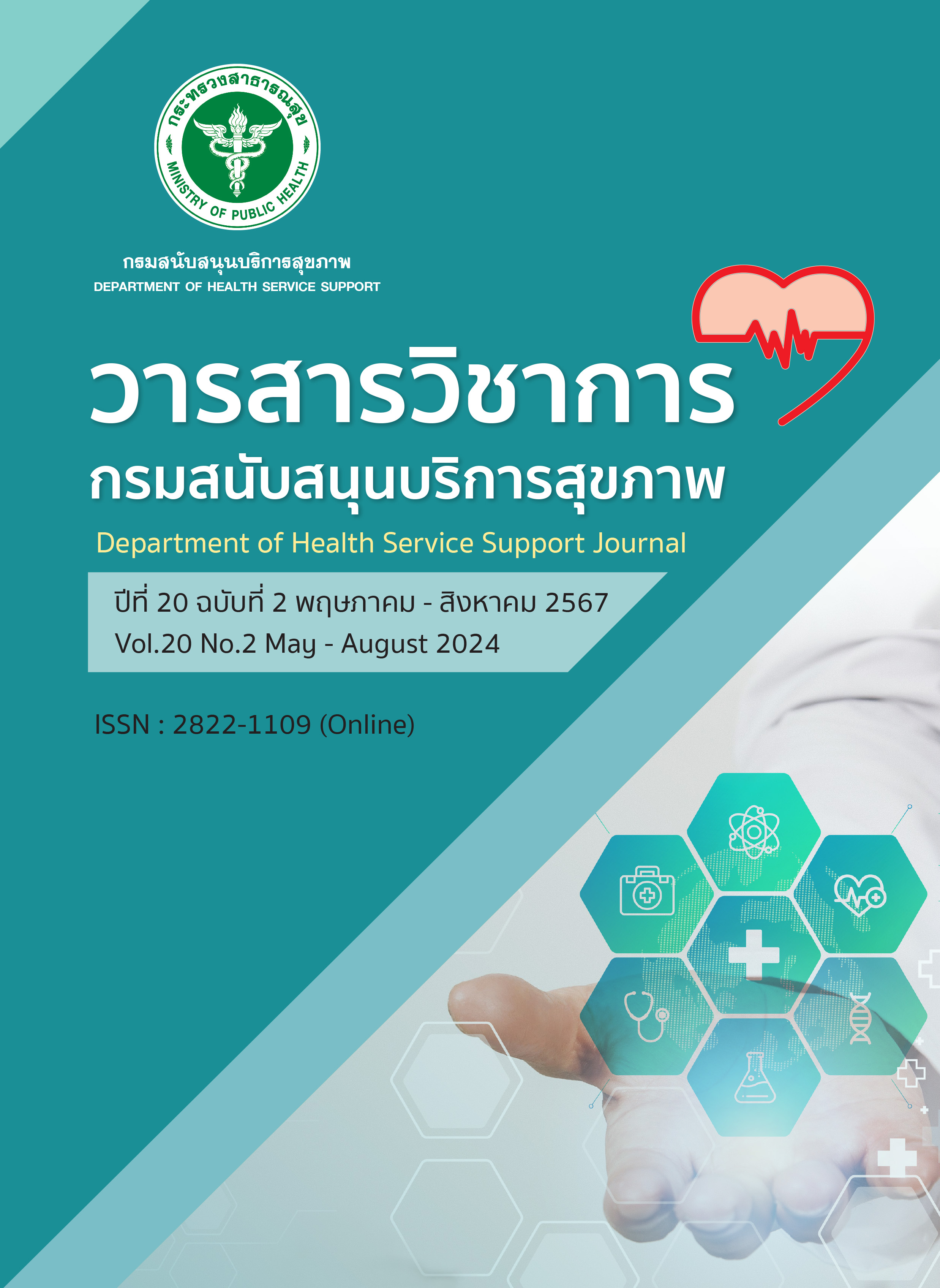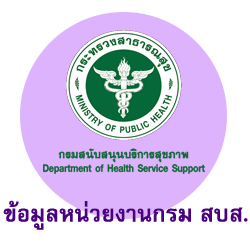Quality of life development model for End-Stage renal disease patients who Rejection of dialysis Chiang Kwan District Roi Et Province
Abstract
This research is research and development. The objective is to develop a model for developing and evaluating the quality of life of patients with end-stage renal disease who rejected dialysis in Chiang Khwan District Roi Et Province The sample was purposively selected, namely 32 patients with stage 4-5 chronic kidney disease who rejected dialysis. The tools used consisted of 1) Tools for development by applying the concept of behavior modification using the 5A technique together with individual counseling and telemedicine services 2) Evaluation tool by the Kidney Failure Patients Quality of Life Questionnaire (KDQOL-SF), data analysis Descriptive statistics were used. Compare the means before and after development using paired t tests.
Results: The sample group consisted of 32 people, 62.5% female, average age 71.37, highest education at primary school level, 68.75%. Congenital disease was only high blood pressure, 65.62%, high blood pressure combined with diabetes, 31.25%, income Most had enough but there was no leftover, 78.12% health was not strong but they could take care of themselves, 78.12% used their own and family members' mobile phones to communicate with doctors and other professionals, 100%. The caregivers were family members, 93.75%, and the reasons for not wanting both intravenous and abdominal dialysis were lack of money, no relatives taking them, your own body is weak and not ready. From comparing the quality of life before and after development, the overall level was moderate. There was a higher mean score after development ( = 65.73,S.D.=6.07) and ( Role dimensions that are limited due to emotional problems Dimensions of various symptoms and dimensions of the effects of kidney disease There was no statistically significant difference.
Summary of the results of improving the quality of life of patients with end-stage kidney disease who rejected. The format includes Individual education for patients and families, symptom assessment patient quality of life evaluate and follow up every month after treatment. Provide treatment according to the problems the patient has. There are home visits including multidisciplinary visits and telemedicine visits to help with social, family, environmental and other care. that the health team will help patients to take care of themselves, including having the skills of a multidisciplinary team in paying attention patient-centered care in providing services and bringing information errors, review the care together with the specialist doctor Roi Et Center Hospital. As a result, this developed model can be used in real work. It is an appropriate format that allows the development of the service system of the chronic kidney disease clinic, specially in community hospitals
Downloads
Published
How to Cite
Issue
Section
License
Copyright (c) 2024 Department of Health Service Support

This work is licensed under a Creative Commons Attribution-NonCommercial-NoDerivatives 4.0 International License.



